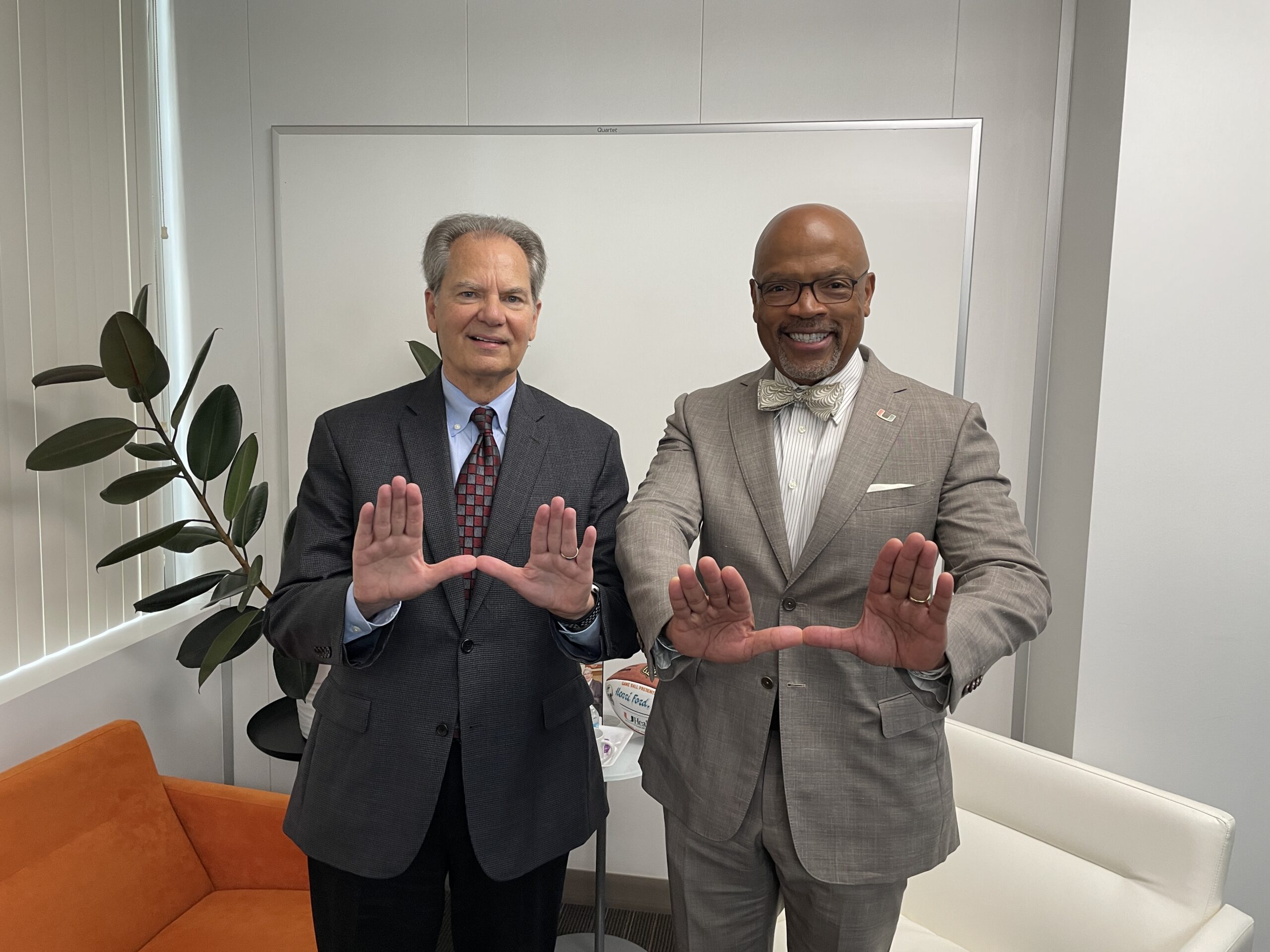(June, 2024) In the vast landscape of medical research, few areas are as intricate and nuanced as the study of brain and spinal cord injury. These conditions, often resulting from traumatic events, present profound challenges to patients and researchers alike. Amidst these challenges lies the relentless pursuit of understanding and innovation spearheaded by pioneers like W. Dalton Dietrich, Ph.D.
Dr. Dietrich, scientific director of The Miami Project to Cure Paralysis, recently joined the Inside U Miami Medicine podcast to share the latest discoveries in the field of neuroscience research. With a keen focus on the pathophysiology of brain and spinal cord injury, he is on a relentless quest to develop novel therapies aimed at protecting and recovering of neurological function.
One of the hallmarks of Dr. Dietrich’s research is his comprehensive approach to understanding the cellular and molecular mechanisms underlying neurological disorders.
“We used to think that cells after injury, like stroke or spinal cord injury, died by necrosis,” said Dr. Dietrich, who is also Kinetic Concepts Distinguished Chair in Neurosurgery at the University of Miami Miller School of Medicine. “But now we’re discovering that there are a lot of program cell death mechanisms where, when you stress the brain, you have molecular pathways that are regulated to kill cells and cause secondary injury.”
This work has elucidated key insights into the intricate interplay of biological processes driving these conditions. Notably, Dr. Dietrich and a team of researchers have recently embarked on a pioneering investigation into the role of head trauma as a risk factor for Alzheimer’s disease.
Another promising avenue of Dr. Dietrich’s research is the exploration of therapeutic hypothermia as a means of mitigating secondary brain damage following acute neurological injuries. By harnessing the power of targeted temperature management, Dr. Dietrich aims to limit inflammation and programmed cell death mechanisms, ultimately improving outcomes for patients.
Tune in to hear the latest about his pioneering investigations and learn how he and his team are unlocking new diagnostic approaches to transform treatments in the years to come.
Find the episode on Apple, Spotify or wherever you listen to podcasts.

